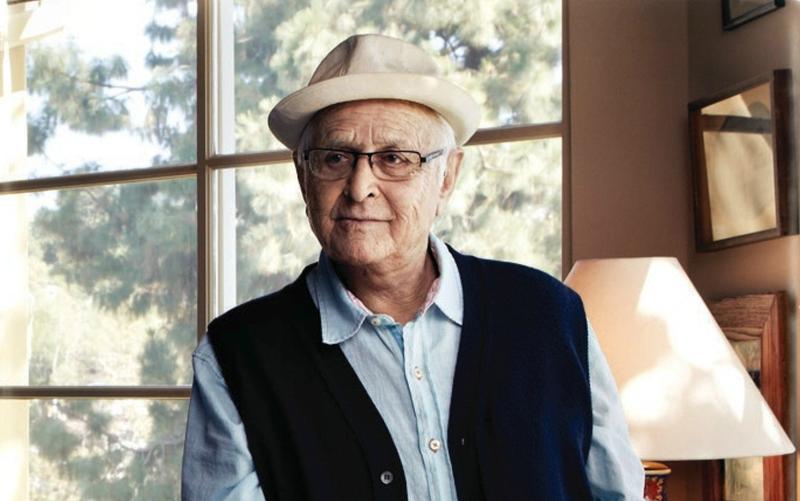Click on the 'Listen' button above to hear this interview.
Legendary producer, writer, and director Norman Lear says he wasn't aware he was making history when he first introduced working class families like the Bunkers in "All in the Family" back in 1971. Yet, the disclaimer that aired prior to the first episode might have provided a clue:
"‘The program you are about to see is 'All in the Family'. It seeks to throw a humorous spotlight on our frailties, prejudices, and concerns. By making them a source of laughter, we hope to show — in a mature fashion — just how absurd they are,’’ it read. The series, which lasted for nine seasons, lived up to expectations.
Through early sitcoms like "Maude" and "All in the Family," Lear also began introducing African-American actors and actresses in reoccurring roles. Those small roles led to a succession of successful sitcoms featuring predominately African-American casts, such as "Sanford and Son," "The Jeffersons," and "Good Times."
His comedies captured uncensored attitudes at the emerging intersection of race and culture. Those early programs would go on to inspire new generations of writers like Kenya Barris, creator of "Black-ish," which engages viewers on topics of race and class through social commentary while also poking fun of itself. It's a style reminiscent of what Lear did back in the 1970s.
Lear, who has long been a vocal advocate for social justice and equality, recently was co-executive producer and investigative reporter for the EPIX docu-series "America Divided," where he reported on the fair housing crises in New York. At age 94, he shows no signs of slowing down.

